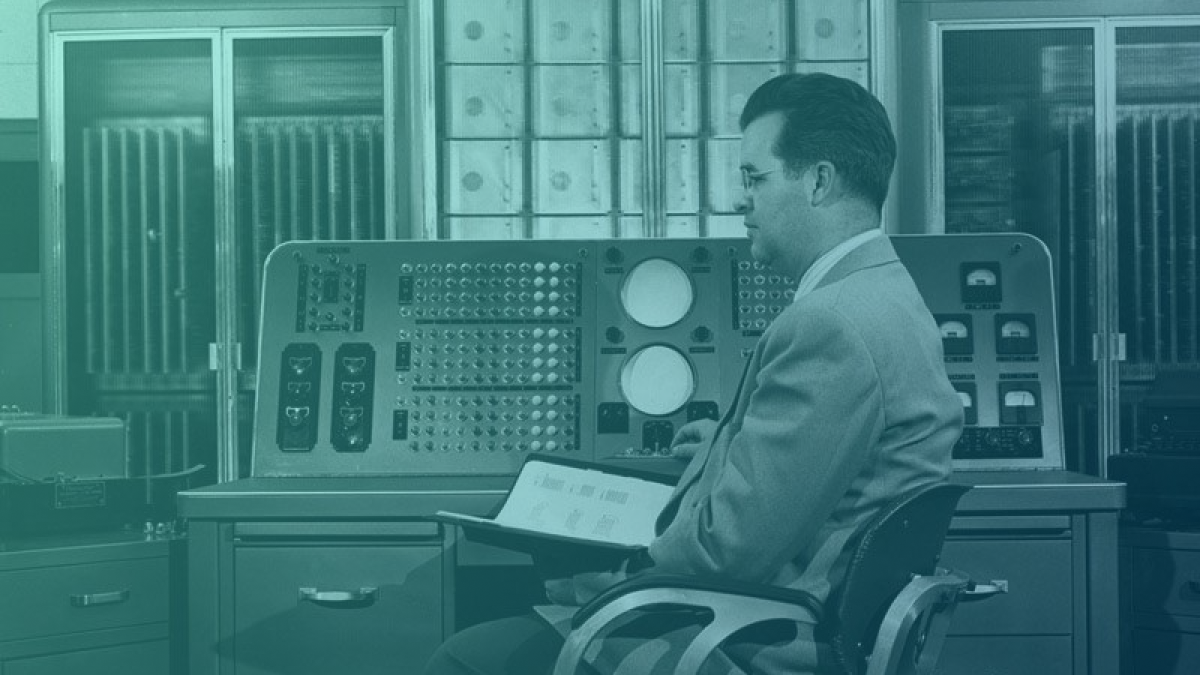The Structured Interview [Recruitment Process]

Structured interviews are used in some organisations to compare candidates better and make more objective, unbiased recruitment decisions. In a structured interview, the interviewer is asking the same question in the same order to every single candidate. There are no unplanned follow-up questions. This way, the organisation can compare candidates' answers more easily.
Preparing for a Structured interview if you are a company
It’s a good idea to prepare some questions about:
- Past professional experience (e.g. What is the candidate´s favourite programming language and why? What steps did they undertake when approaching a new project?)
- The candidate's work preferences and personality type (e.g. Tell me more about the best manager you’ve worked for. What are you most proud about in your career and why?).
- How they would react in different work situations (e.g. How would you manage an unmotivated team mate? What steps would you take to change any one of the company's processes?)
On top of the questions, you’d need to develop a rating system. The easiest one is a five-star system where you give stars based on the quality of each answer, but any kind of rating system is fine. Since the rating should be done during the actual interview, we would recommend not having a rating system that is too complicated like rating each answer on 3 different aspects for example.
Preparing for a Structured Interview if you are a candidate
Ask ahead of the interview if the company is using a structured interview process, because it could feel a little awkward not having the opportunity to delve deeper into some topics you would like to talk about. It can also feel more robotic and less empathetic which can create a certain distance between the interviewer and you . Since you’ll get a limited number of open-ended questions, be prepared to answer with more than just one sentence so that you get the chance to say as much as possible.
What are the advantages?
Structured interviews are helping reduce bias. Since every candidate gets the same questions and the interviewer is rating the answers in the same way, the results are more objective.
Since all participants are presented with the same questions in the same order, the answers are more comparable. This increases the reliability and validity of structured interviews.
What are the disadvantages of this interview type?
Those structured interviews are formal in nature. So it’s harder to build a rapport between the candidate and the interviewer, which can affect the nature of the answers.
The questions are pre-set and cannot be changed throughout the process. Even if some are poorly worded or unnecessary, they still have to be asked to all candidates.
Since it’s not allowed to ask additional questions, it’s hard to dive deeper into interesting areas relating to each candidate.
What are “Semi-Structured interviews”?
In a semi-structured interview, you also have set questions, but it’s allowed to diverge a little and to change the order or ask additional questions. That said, the objectiveness might decrease.

